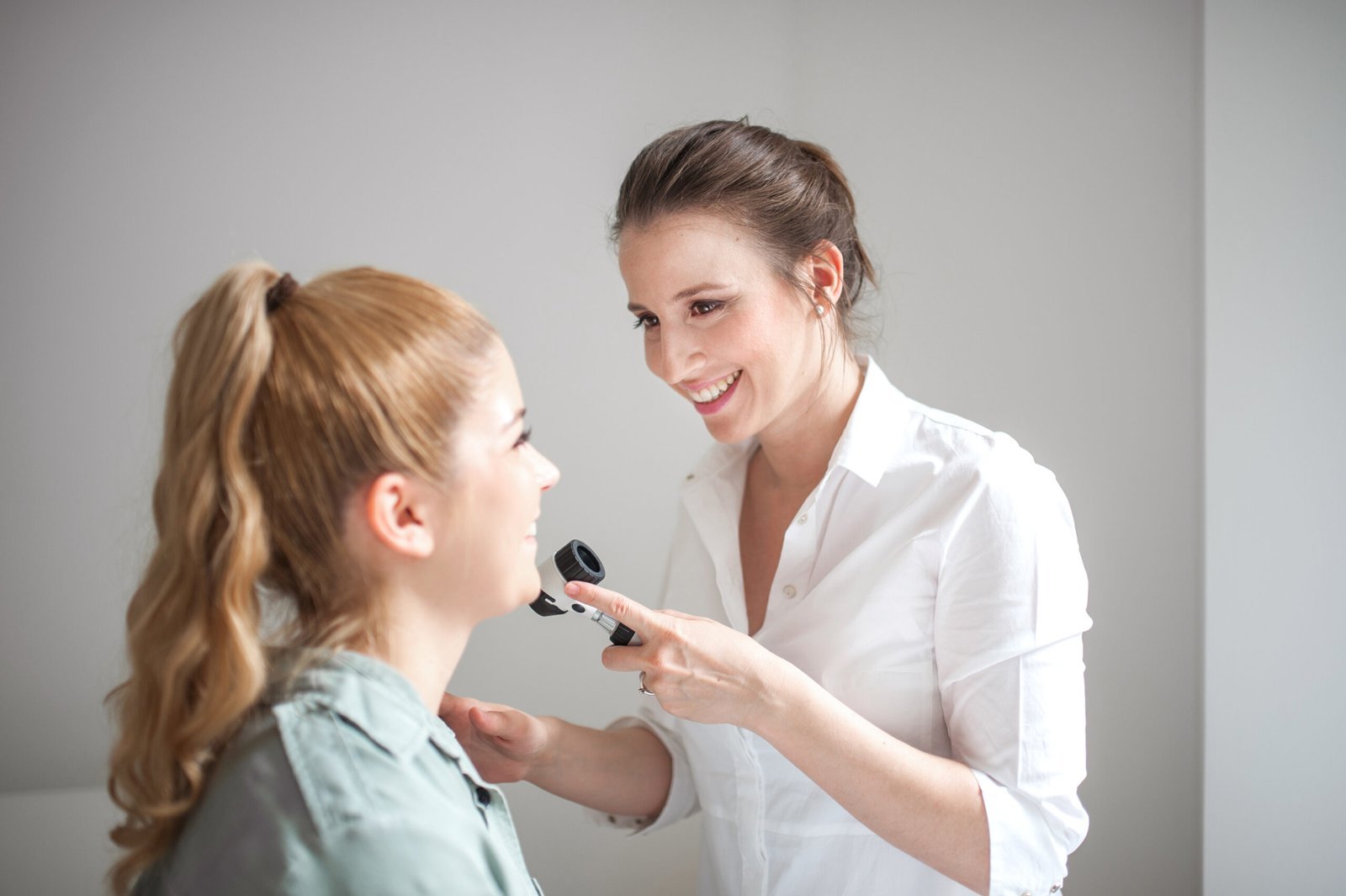What Is Olive and Benefits of Olive?
Olive (Olea Europaea) is a species of tree with edible fruits, leaves and seeds. Olive oil is derived directly from olives and is a source of monounsaturated fatty acids.
The fatty acids found in olive oil appear to lower cholesterol levels and also have anti-inflammatory effects. Olive oil and olive leaf may reduce the blood pressure. Olive leaves may also have the ability to destroy microbes like microbes and fungal.
Olive oil is widely used in food items. For medical purposes, people typically use olive oil to treat cardiovascular diseases, diabetes and hypertension. It is also utilized for the treatment of high cholesterol, cancer memory and thinking abilities, migraine, weight gain and a myriad of other diseases, but there is no scientific proof to support any of these uses.
Uses & Effectiveness ?
Possibly Effective for

- Cancer of the breast. A higher intake of olive oil in your diet may be linked to a lower risk to develop the breast cancer.
- Heart disease. Cooks who use olive oil are at lower risks of developing heart disease and a lower chance of having a first cardiac attack as compared to people who cook using other oil. It’s not clear if a an increased intake of olive oil can help people who already suffer from heart disease.
- Constipation. Consuming olive oil through the mouth will help to soften stool for people suffering from constipation.
- Diabetes. People who consume higher quantities of olive oil in their diet appear to have less risk in developing. Olive oil consumption also appears to help improve the blood sugar control in those with diabetes.
- High blood pressure. The addition of large quantities of olive oil extra virgin to your diet, while taking prescribed medications to treat hypertension can lower blood pressure over the course of 6 months for those with high blood pressure.
- Possibly Ineffective for
- Otitis media (otitis media). Drops of olive oil into the ear doesn’t seem to ease the pain of children suffering from an ear infection. There’s an interest in using olive oil for various other reasons, but there’s not enough information that can be relied on to tell whether it could be beneficial.
Side Effects
When consumed via the mouth When taken by mouth: Olive oil is a common ingredient in many foods. One Liter of extra-virgin olive oil every week has been consumed in Mediterranean-style diet up to 5.8 years. Olive oil is generally tolerated. It can result in discomfort in a tiny percentage of people. The extract of olive leaf is safe if used in a controlled manner.
If applied on the skin The oil of olive is most likely to be to be safe. There have been no delayed allergic reactions documented. When the mouth is irritated following dental procedures the mouth could feel more sensitive.
Special Precautions and Warnings
pregnant and breastfeeding-feeding Olive oil is a common ingredient in many foods. There’s not enough evidence to establish if olive oil is safe to use as a medication when you are pregnant or breastfeeding. Keep yourself on the safe side and limit your intake to the appropriate amount of food.
Interactions
- High blood pressure medications (Antihypertensive drugs) interact with OLIVEOlive might lower blood pressure. When you take olive in conjunction with medication that lower blood pressure could cause blood pressure to drop too low. Be sure to monitor your blood pressure regularly.
Dosing
Olive oil and olives are often consumed in food items. Olive oil can be classified based on the amount of free oleic acids. Olive oil that is extra virgin is a source of up to 11% free oleic acid. In comparison, virgin olive oil has 2.2%, and regular olive oil is 3.3 percent. Unrefined olive oils that have more than 3.3 percent free oleic acid are deemed “unfit for human consumption.”
For medicinal purposes, a variety of olive-based products have been utilized such as olive oil and extracts of olive leaves and extracts of olive fruit. Talk to your health care professional to determine which type of product and dosage is appropriate for a particular medical condition.



